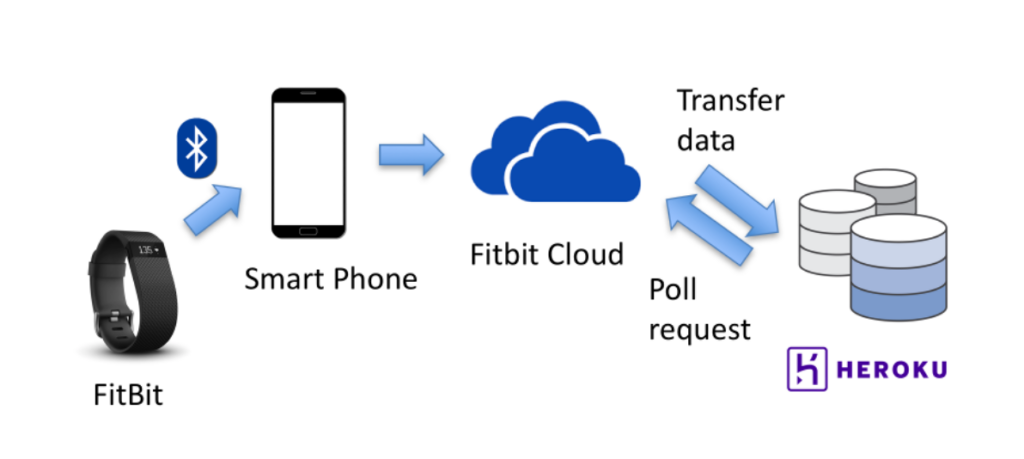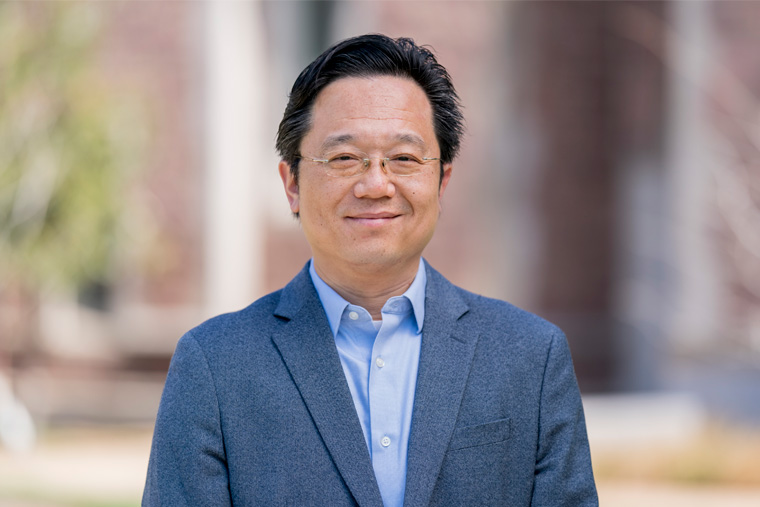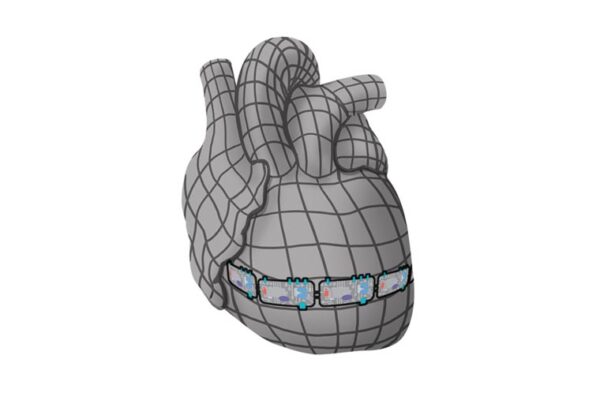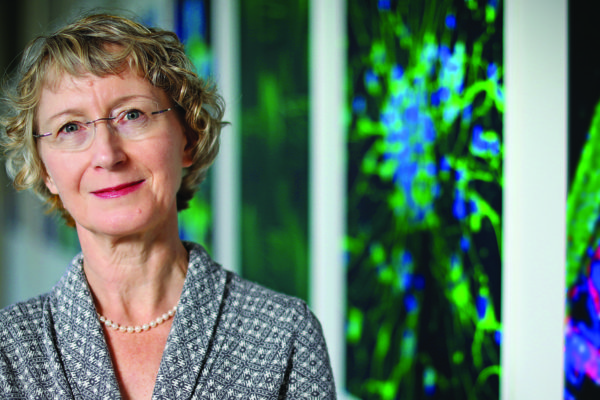Chenyang Lu is not a civil engineer.
For a computer scientist, though, he builds a lot of bridges. Particularly between the fields of computer science and health care.
Lu is the Fullgraf Professor in the Department of Computer Science & Engineering at Washington University in St. Louis’ McKelvey School of Engineering. His research is concerned with the Internet of Things (IoT), cyber-physical systems and artificial intelligence, and he is particularly keen on how these technologies can improve health care.
As part of several teams with surgeons and physicians, Lu has been testing Fitbit activity trackers in studies that have shown that these relatively inexpensive wearable devices can play a valuable role in improving patient health.
“We can collect data such as step count, heart rate and sleep cycles, which we use with our machine-learning models to predict deterioration or improvement in a patient’s health status.” Lu said. “These efforts demonstrate tremendous potential for wearable and machine learning to improve health care.”

Using data from Fitbits, for example, Lu and his collaborators have demonstrated the ability to predict surgical outcomes of pancreatic cancer patients with higher success than the current risk assessment tool.
The goal is improved health care, but where some of the most challenging problems arise, Lu finds engineering solutions. Obstacles can include subpar data, or simply not enough data to get useful information from wearable devices.
“You have to extract features using engineering techniques,” Lu said. “How do we take this noisy, lousy data from wearables and extract robust and predictive features to generate something clinically meaningful and informative so we can actually predict something?”
Getting useful information from messy data is one of the reasons his colleagues at the School of Medicine value his partnership.
“Chenyang has established himself as an expert in how to interpret and connect the dots for this high-dimensional data. That’s why I think he’s so prolific,” said Philip Payne, the Janet and Bernard Becker Professor and director of the Institute for Informatics, associate dean for health information and data science and chief data scientist at the School of Medicine.
Prolific he may be, but Lu is eager to do more.
“We can scale this up to perfect the technology and broaden the scope so it can be used on larger groups of different types of patients,” Lu said. “I look forward to collaborating with even more physicians and surgeons to expand this work.”
Read more on the engineering website.




Comments and respectful dialogue are encouraged, but content will be moderated. Please, no personal attacks, obscenity or profanity, selling of commercial products, or endorsements of political candidates or positions. We reserve the right to remove any inappropriate comments. We also cannot address individual medical concerns or provide medical advice in this forum.